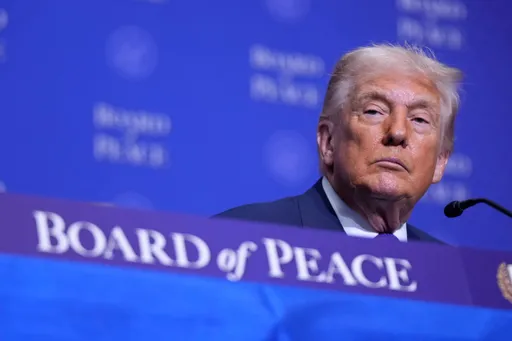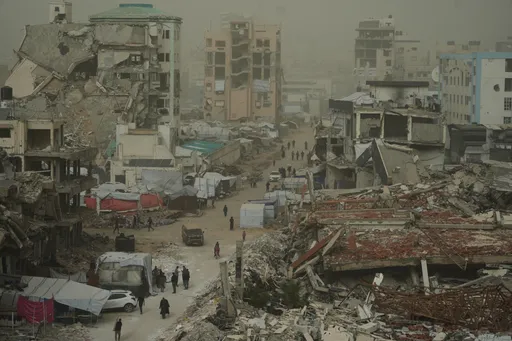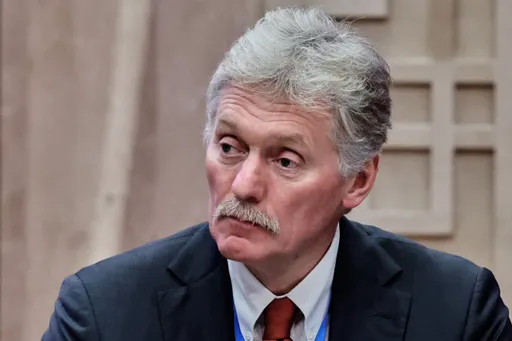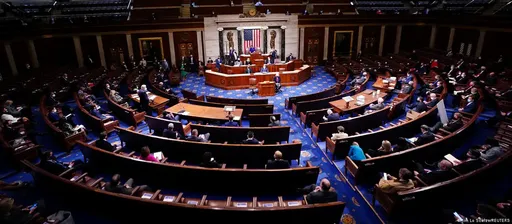For ordinary Egyptians, the streets of Cario demonstrate the country's economic struggles.
“Certain car brands are now too expensive for Egyptians. We either see cheap Chinese cars or expensive German cars owned by the filthy rich on the streets. The streets look funny,” a young Cairo-based teacher, who wished to remain anonymous fearing the government's reprisal, told TRT World.
With soaring gas prices and daily necessities getting more and more expensive, she feels that the country's working-class has almost been broken, while the income gap between the rich and the middle class keeps widening.
Prior to 2011 and Egyptian military general Abdel Fattah el Sisi's power grab, the 27-year-old high school teacher said she often went overseas for vacations. In contrast to that time, she says planning such offshore tours is a luxury now.
Pointing at stark economic inequality Egypt has plunged into under Sisi's rule, she feels the government is completely out of step with harsh economic realities.
In the last few weeks, anti-Sisi protests have broken out in several urban strongholds for the first time in six years. Cairo once again wears a deserted look -- except for the riot police patrolling several neighbourhoods, blocking the main roads and arresting people here and there.
“Prices of everything have been raised. Fuel, food, college fees,” 23-year-old university student Mohamed, from Alexandria, told TRT World, requesting his surname be withheld for security reasons.
“While controlling the resources of the country and obsessing over foreign investments in Egypt, the military leadership has missed the chance of competition for development. In addition, the unprecedented rates of corruption lead to infrastructure deterioration and rising prices,” he added.
The new protest movement, although it's smaller in size compared to 2011 and has been largely suppressed, was triggered with a series of videos posted in early September by an Egyptian contractor Mohamed Ali, who had previously worked closely with Sisi. In one of the videos released in early September, Ali accuses Sisi of large scale corruption and urges people to take to the streets in protest.
Moved by Ali's call, Mohamed wanted to participate in the protests but his family didn’t let him. They’re from a generation that witnessed the Rabaa massacre and understand the brutality Sisi's regime engaged in to curb dissent. At present, Cairo is under a heavy lockdown, with more than 2,000 people arrested in the last few weeks. The protests haven't completely been suppressed, however. The reports of people gathering and sloganeering against the Sisi regime keep pouring out from the country's provincial areas.
In an attempt to address the growing frustration among regular Egyptians, the government claims that inflation rates are improving and the economy is doing well. But as the poverty rate has hit an all-time high, ordinary Egyptians question the government's claims as they do not see their living standards improving.
In 2016, three years after overthrowing the country’s democratically elected President Mohamed Morsi, Sisi sealed a $12 billion loan agreement with the International Monetary Fund (IMF). The harsh austerity measures that followed brought discomfort to a majority of Egypt’s 100 million people in the following years.
“The benefit that came out after the austerity measures only benefited the top one percent of the population -- either the wealthy or the people connected with the military and the institutions connected to them,” Mohamed Kamal Okda, an Egyptian economist and Director of the Crisis Center in America, told TRT World.
“The minimum wage in 2014 was 1,200 Egyptian pounds [per month]. It looks good — the min wage had increased from 1,200 pounds to 2,000 pounds. But it's not reflecting the reality, because the factors of inflation and gross rate and overall the pound is significantly weaker than it was five years ago,” he says.
During the last three years of the IMF programme, the Egyptian president was hailed for restoring economic growth as it accelerated to 5.6 percent as of June, the highest in the last 10 years.
But meanwhile, poverty increased dramatically to 32.5 percent from 27.8 percent in 2015, according to the official statistics agency. The World Bank puts the number of poor to nearly 60 per cent.
The inflation reached around 21 percent in the 2019 fiscal year, decreasing the purchasing power of Egyptians as the cost of living has shown a significant increase.
Despite dealing with growing frustrations, Egyptians are largely hesitant in speaking out against the government. With a protest ban in place since 2011, Sisi expects patience and restraint from Egyptian people.
Mohammed Ali, the whistleblower contractor who's been posting videos alleging corruption in the government, claims that the budget has not been used for economic prosperity but for Sisi's personal comfort. He said instead of building public infrastructure, billions of dollars have been spent in building palaces and a new administrative capital.
Yahia Hamed, Egypt’s former minister of investment, who says he has been part of the team discussing with the IMF, blames the mismanagement of the current government for the biggest share of economic failure.
Hamed told TRT World that what angered people most was not only the “austerity measures but also Sisi building palaces for himself and his family, drifting billions of Egyptian pounds”.
“There is a dichotomy of the government -- the macroeconomy of only restricting or managing the subsidies and the deficit, and what I call the economy of the people,” he told TRT World.
“The only revenue of the government that increased taxation -- money coming from Suez canal was not improved, money coming from tourism was not improved. Money coming from production not improved. Even after the devaluation of the dollar in 2016, the export numbers were not improved.”
Hamed says people from across the party and ideological lines are saying that it’s not acceptable anymore.























